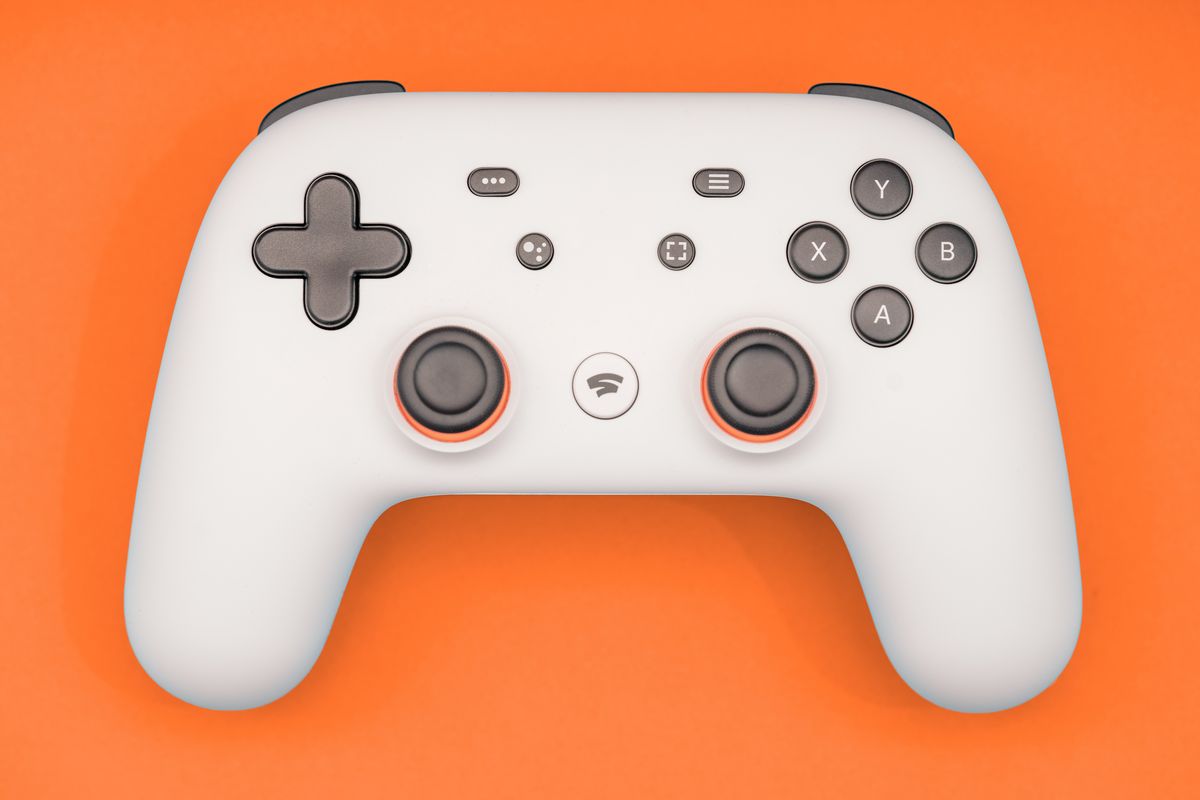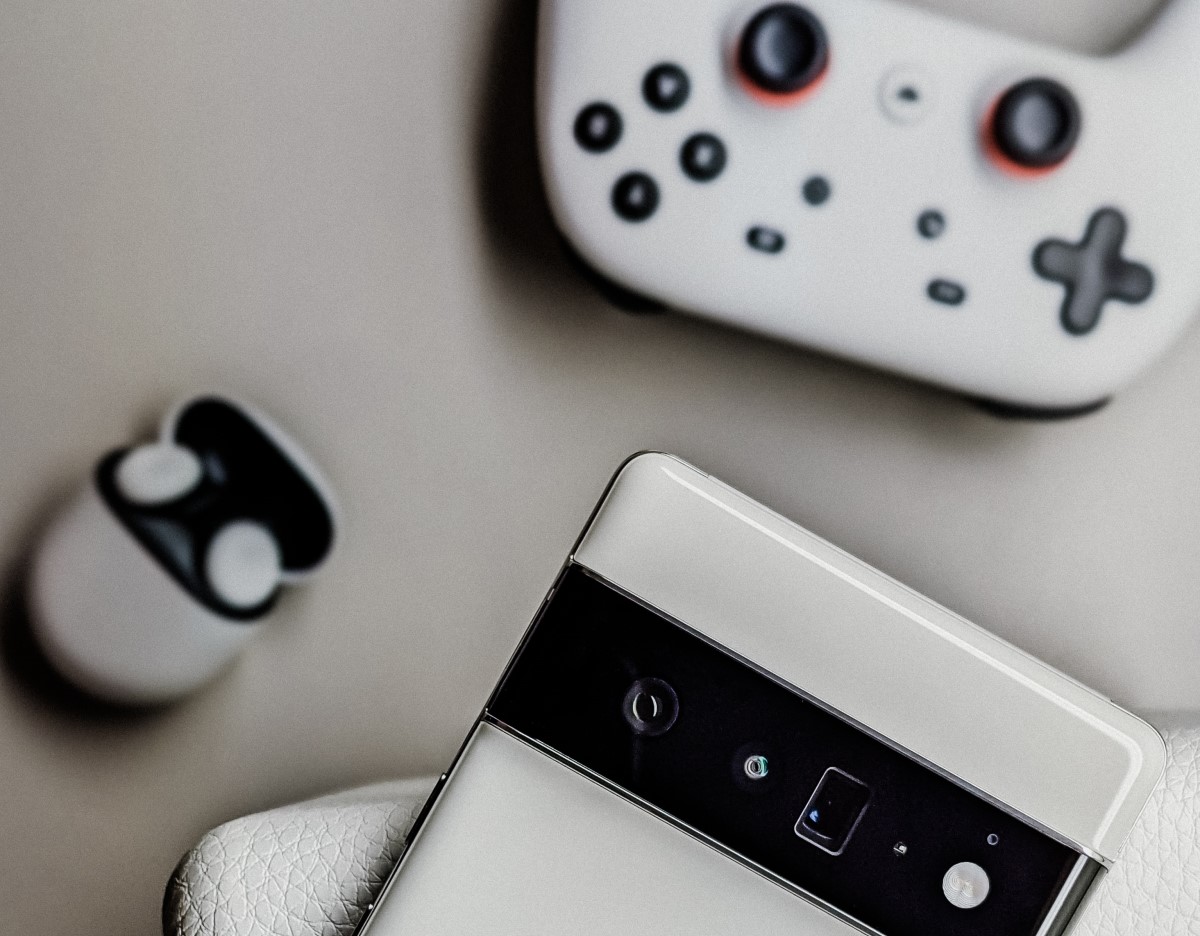Google's plan to dominate the gaming world in 2023

Google Stadia's downfall has not deterred the tech giant from forging a dominant position in the gaming industry as a cloud services provider. This move is pressuring competitors such as Microsoft and Amazon Games.
Google Cloud's Director of Game Industry Solutions, Jack Buser, asserts that Stadia's failure has influenced the company's new strategy, as it has allowed them to prioritize game developers building their games with Google's cloud infrastructure.
Buser, who was Stadia's 10th employee in 2016, previously worked for PlayStation. The initial launch of Stadia aimed to rival industry powerhouses such as Sony, Microsoft, and Nintendo by enabling players to stream games remotely from servers without requiring a home console or PC.
“It was at that moment when we basically had to make decisions about Stadia that we realized that, at Google Cloud, we are at our best when we’re helping other people build this stuff, not necessarily building it ourselves,” Buser told Axios.
Buser's reference to "stuff" refers to a suite of cloud-based services that Google is pitching to major publishers such as Ubisoft, Niantic, and Unity. While this offering may appear similar to cloud-based solutions provided by rivals such as Microsoft's Azure and Amazon, Google is taking a different approach.
Buser elucidated that Google's primary goal is to assist in managing and maintaining live service games, which are games that continuously receive updates, such as the immensely popular game Genshin Impact. It's worth noting that Google is exclusively focusing on live service games, setting them apart from other cloud service providers in the market.
Google is presenting a bundle of services to gaming enterprises that are specifically crafted for the management of live-service games. These games are meant to be played and updated indefinitely, and Google's suite of services is customized to cater to the distinct requirements of this category of games.
"Google is commited to games"
“Google is absolutely committed to games that are such a big part of our messaging,” Buser said. “When we made the decision with Stadia, we were just like, Look, we are committed to games as an industry.”
Beside a server platform, Google's service package for game publishers also incorporates an analytics suite for observing player and game actions, along with a data management program. These provisions are especially vital for live-service games, as they empower developers to efficiently manage and sustain these game types.
Google is positioning its services as a remedy for reducing the risks linked with creating and hosting live-service games. With an eye towards the 2023 Game Developers Conference, the technology behemoth intends to lure fresh high-profile clients to its service bundle.
Google's move to redirect its gaming strategy towards cloud-based services and backing for live-service games is a daring step. Although the failure of Google Stadia may have been disheartening for gaming enthusiasts, the company's refreshed emphasis on supporting game developers and publishers is a shrewd business strategy that may yield substantial benefits in the long term.
As Google vies with dominant players such as Microsoft and Amazon Games, its focused approach in providing specialized cloud-based services for live-service games could potentially give the technology giant a competitive advantage in the market.
Advertisement



















Fool me once, shame on you; fool me twice, shame on me. What cretin would fall for this Google trap a second time?
Cloud gaming gonna fall. Most EU countries doesnt have an proper network; slow connection and unstable. The most high priority thing on MMO games. Thats why, I left alone gaming, before some years, and turned into other things. Life is just a matter of years, so why to spend your time working
on some fancy-nosense videogames.